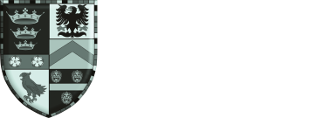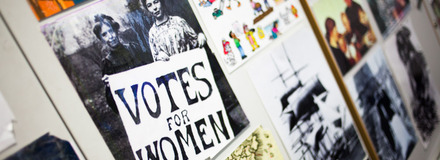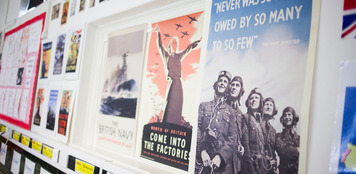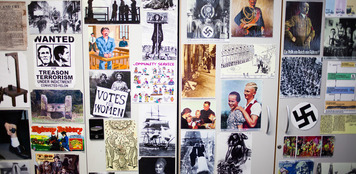The History curriculum at Malet Lambert inspires pupils to be curious about the world in which we live. Through historical enquiries, pupils are encouraged to develop their disciplinary thinking to help them investigate the past, and build their understanding of Britain's history and our links to the wider world. Analysing contemporary sources, studying historical environments and considering historian’s interpretations are the key skills on which our pupils shape their understanding of the past. As such, the importance of literacy and reading is strongly emphasised in both classwork and homework within the history curriculum.
Developing a strong sense of period is a core principle of our History curriculum. Throughout the course, pupils are able to appreciate the kind of world in which the people they are studying actually lived, and what shaped their ideas and beliefs, leading to their actions. A wide-range of voices from the past within the History curriculum ensures that pupils consider the experiences, contributions and perspectives of diverse groups. Pupils benefit greatly from Malet Lambert’s association with the Holocaust Education centre at University College London, and the ‘Holocaust Beacon School’ status Malet Lambert received in September 2021. Our focus on the unfolding narrative of history through the key themes of power and control; lives of ordinary people; local history and Britain’s place in the wider world equip pupils with a coherent knowledge and understanding of change and continuity over time. In gaining a wide, historical perspective of the world around them, pupils at Malet Lambert are supported in their growing appreciation and understanding of British Values and their own personal development, and are well prepared for their lives in a diverse, modern Britain.
History is taught to all pupils in Y7, 8 and 9 over three lessons per fortnight, ensuring they receive a high quality, broad and balanced curriculum before beginning GCSE courses in KS4. The KS3 curriculum is designed to support the skills and contextual knowledge pupils need to be successful in GCSE History.
History is a very popular subject at KS4, with two-thirds of pupils in Y10 and Y11 opting to take GCSE History. Subsequently, we have a large History team, with six specialist History teachers.
At Malet Lambert we have followed the Edexcel GCSE History 9-1 specification since its introduction in 2016. As a result, the History department has built up a wealth of excellent lessons and revision resources on the topics taught.





